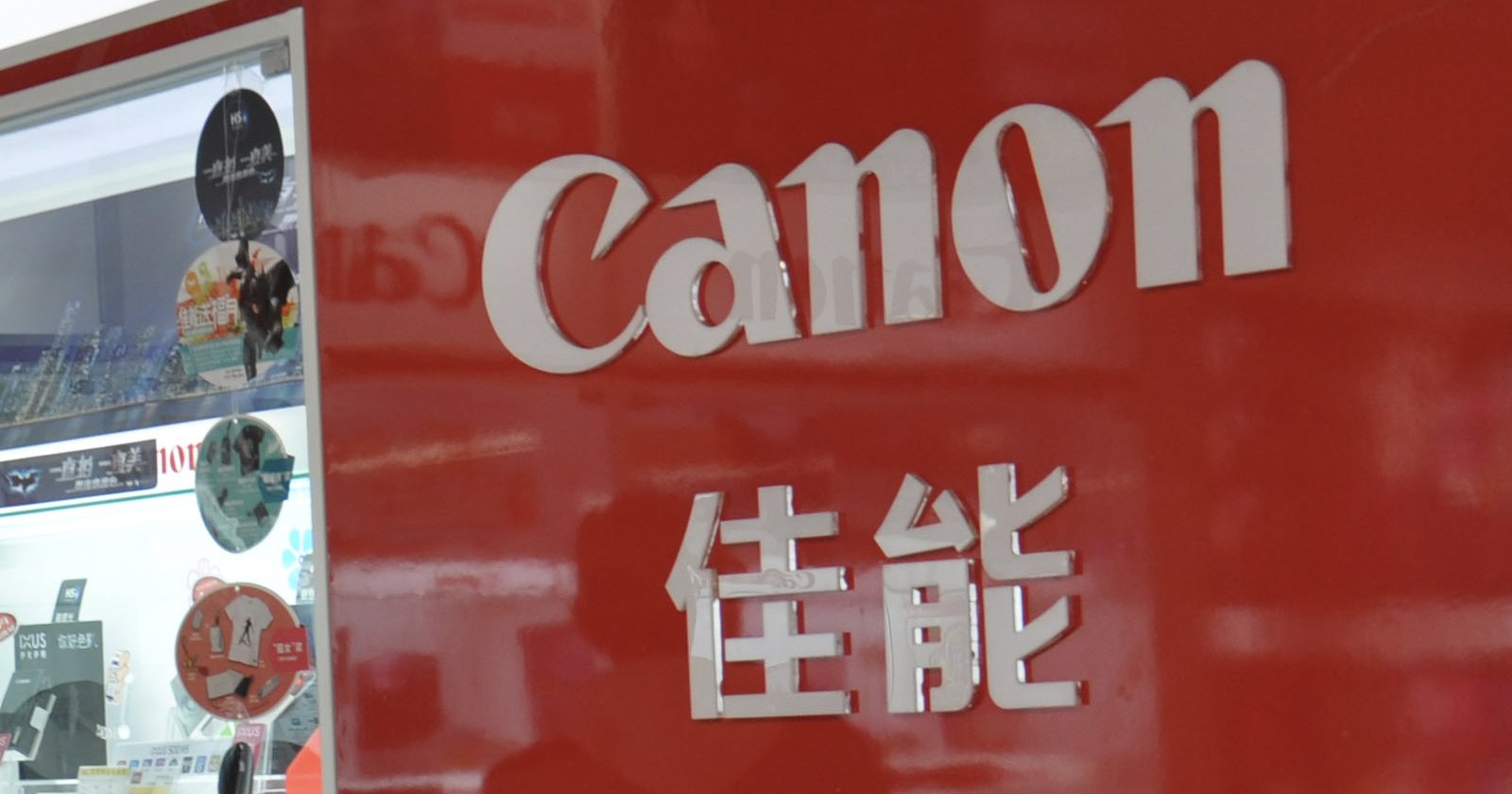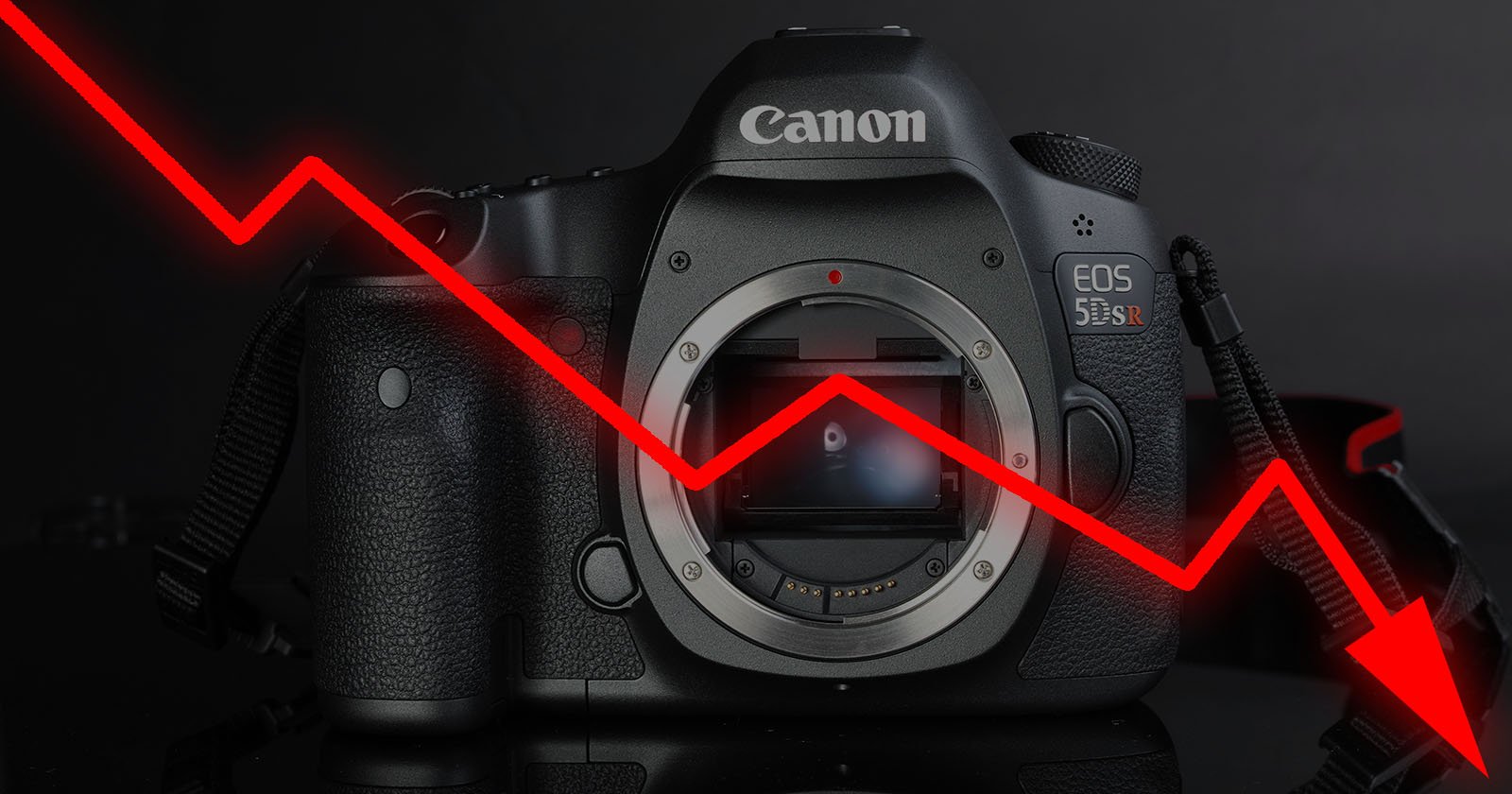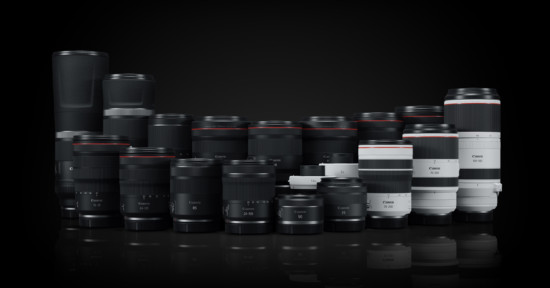Canon Considering Outsourcing Camera Manufacturing to Cut Costs

Canon chairman and CEO Fujio Mitarai says the company may reorganize its manufacturing efforts, potentially moving additional camera production outside Japan.
“We want to go fabless with the printers and lower-end digital cameras we manufacture in Asia,” Mitarai told Nikkei Asia in an interview, initially spotted by Canon Rumors.
Mitarai explains that Canon is strongly considering moving assembly processes outside of Japan, a significant shift for the company that has generally stuck to in-Japan production.
Nikkei Asia characterizes the move as a response to decreasing demand for cameras and office equipment, both of which have long been core businesses for Canon. In the case of cameras, Canon, like other companies, has been impacted by the rise of smartphones, especially with lower-end digital cameras.
However, global demand for compact cameras has rebounded in the past year or so. So much so that not only are older models selling for huge sums on eBay, but Canon’s competitors are returning to the compact camera market.
Canon Missed the Compact Camera Boom Because it Closed Major Chinese Factory in 2022
It is notable that Canon has not responded in kind, and there is a good reason for that. Canon had been producing compact cameras in a factory in Zhuhai, China, but the company closed the factory in 2022, about a year before the compact camera boom.
When Canon closed its Zhuhai plant in 2022, PetaPixel reported that this factory was primarily responsible for assembling small digital cameras.
Canon had cause to shut the factory down, though. Mitarai explains that since the 2008 global financial crisis, the company has lost about $8.2 billion in total sales for cameras, copiers, multifunction devices, and printers. The company was bleeding money, and digital camera sales experienced a significant drop in volume.
The year before the Zhuhai plant closure, the digital camera market hit a new low, with global digital camera shipments dipping to just over eight million units, down from 120 million units in 2010.
Camera companies have managed this precipitous fall by prioritizing more expensive camera models and generally ditching cheaper, lower-margin models that had generally been replaced by smartphones. However, obviously compact camera demand has rebounded to a degree, and Canon had no means of responding to it.
“We can become more asset-light by outsourcing based on production quantity rather than maintaining our own factories,” Mitarai says.
The suggestion appears to be that Canon would like to return to producing affordable compact cameras, although Mitarai could also be planning to shift production of Canon’s entry-level interchangeable lens mirrorless cameras outside Japan — or perhaps both.
Camera Companies Routinely Shift Production in a Global Economy
Canon would not be the first camera company to seek improved economic performance and efficiency by outsourcing production outside Japan. Nikon famously did something similar a few years ago, and it has contributed to the company’s ability to return to financial stability and, ultimately, actually bring some manufacturing back to Japan through major domestic investment programs.
Whether Canon treats outsourcing as a temporary necessity or a long-term plan remains unclear, but Mitarai is undoubtedly on a cost-cutting mission. Mitarai says that specific vital production, including early work on the company’s flagship products, will remain in Japan at what he calls “mother factories.” Here, Canon will establish manufacturing technology for its most important products.
Nikkei Asia adds that “design, development, and manufacturing of major products and key components would continue to be handled by the company in Japan to guard against technology leaks.”
Image credits: Featured image licensed via Depositphotos.



